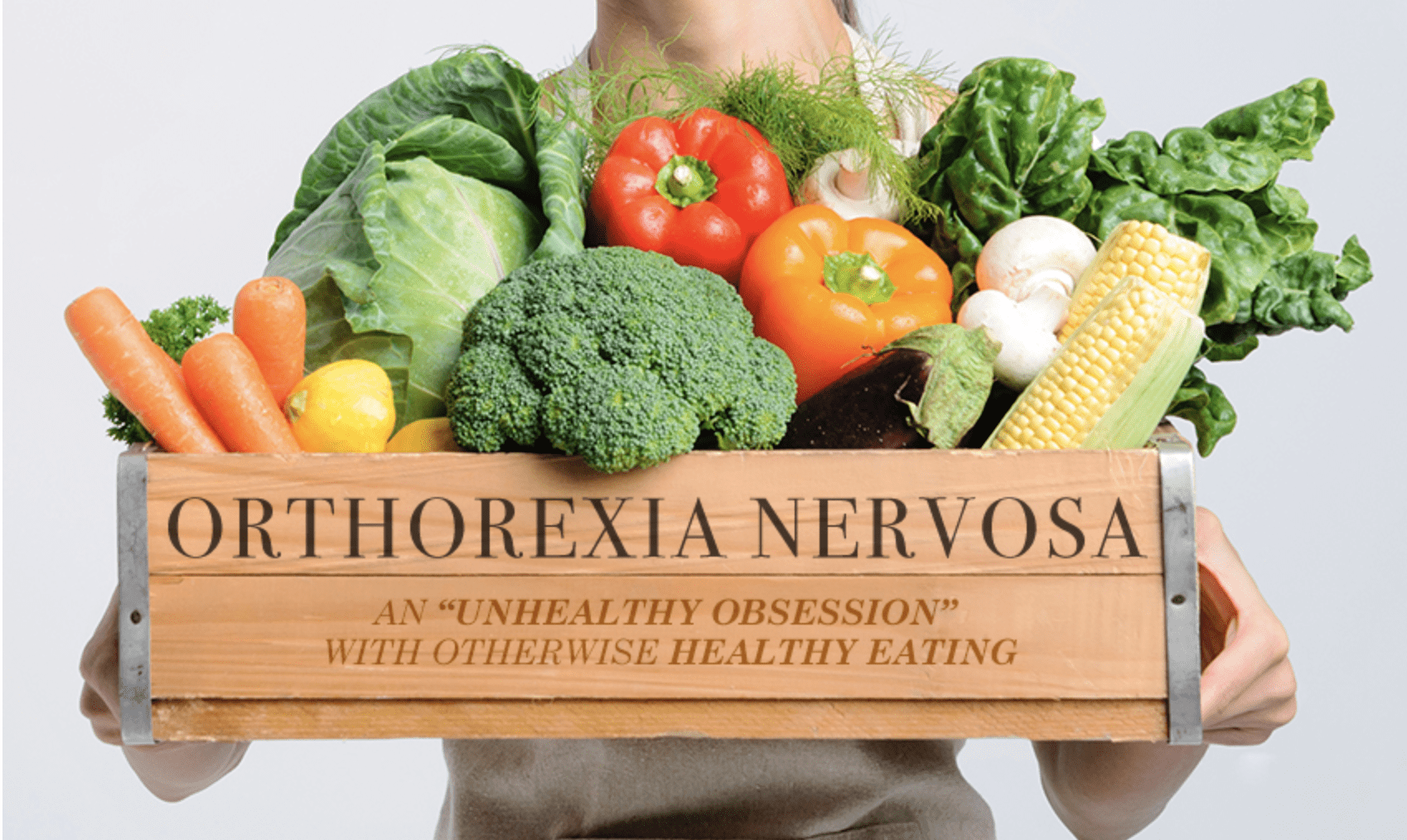“A goal, a habit, an obsession, an…illness?”
As the New Year arrives, it’s easy to see why “I will eat healthier” is amongst the most common New Year’s resolutions. You can no longer use the excuse of it being Christmas to hide the shame of eating that 7th Quality Street in a row, or that third helping of leftover mash. Bidding farewell to the previous year, it seems like the perfect time to wipe the slate clean and begin a new, healthy lifestyle. There’s nothing wrong with eating healthily, is there? That is until it no longer becomes a habit, but instead manifests itself as an obsession, leading to regret, panic and guilt at the mere thought of eating something unhealthy.
Although not officially recognised as an eating disorder, orthorexia is an obsession with healthy eating, where a sufferer will obsess over the nutritional content and quality of food, eventually leading to damage in wellbeing.* Unlike anorexia, there is not always a specific desire to be a certain weight, but rather a focus on only eating “pure” and “healthy” foods. Anabelle* began suffering with orthorexia after starting a diet during her second term at university. “I needed to lose some weight as I was conscious that I’d gained since living away from home. At first, it was normal. I’d cut down on unhealthy things I knew I used to overindulge in but wasn’t afraid to treat myself every now and then. I still had to resist temptation but thought that I’d be able to give in more often as soon as I’d reached my goal weight. It was about 4 months into the diet when I sensed things had started to change. I was at a healthy weight and could afford to stop dieting, but suddenly the thought of eating things I would have in my “pre diet” days filled me with a sense of dread; I was afraid that I’d end up back the same.” “I didn’t see myself as fat anymore, but I think it really hit me when my mum put a plate of home-cooked bolognese in front of me, and I just burst into tears. I could see the nutritional label of the red meat in my head, and knowing the calories, fat and salt terrified me. I couldn’t eat it.”
During her diet, Annabelle had used food tracking apps, and with mobile phones practically acting as an extension of the limb, it cannot be discounted that these apps hold some responsibility for the development of orthorexia. Having limits and restrictions, as well as full nutritional information at the touch of a button makes an obsession far too easy to develop; and the accomplishment felt through achieving these daily “goals” can quickly become addictive. By not reaching the goal, the sufferer feels like a failure, and this can have a drastic effect on mental wellbeing. Like eating disorders such as anorexia and bulimia, orthorexia can also lead to more severe health conditions due to depriving the body of vital nutrients.
If you think yourself or someone you know might be suffering from an eating disorder, head to https://www.nhs.uk/conditions/eating-disorders/ or https://www.nationaleatingdisorders.org/learn/by-eating-disorder/other/orthorexia for more information.
*names have been changed
Megan Valentine

